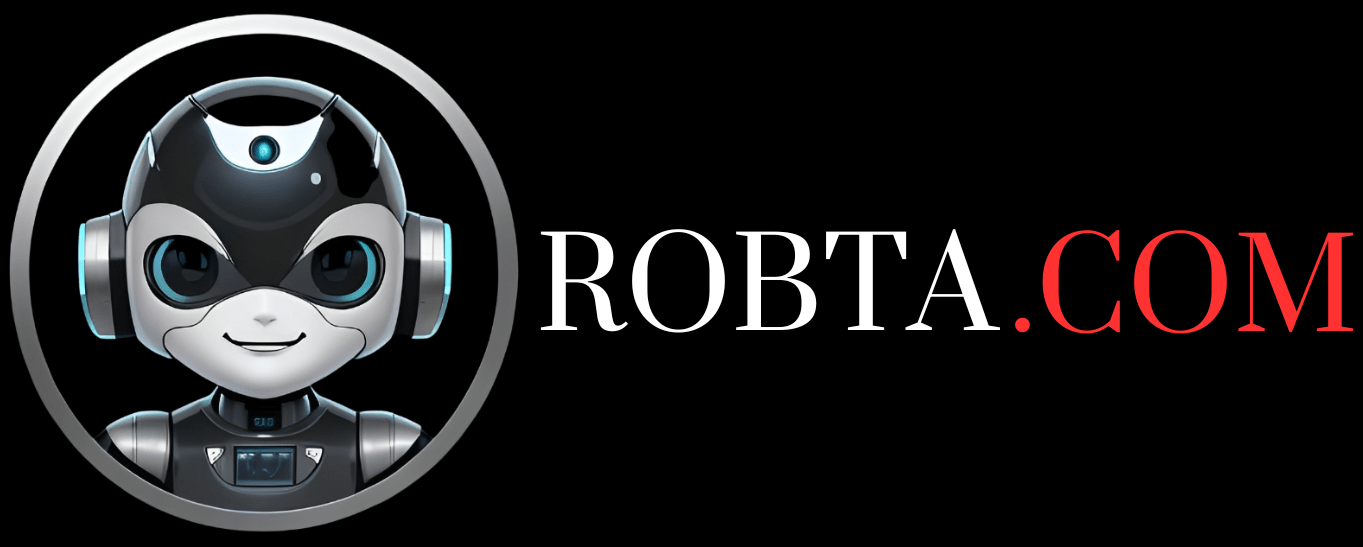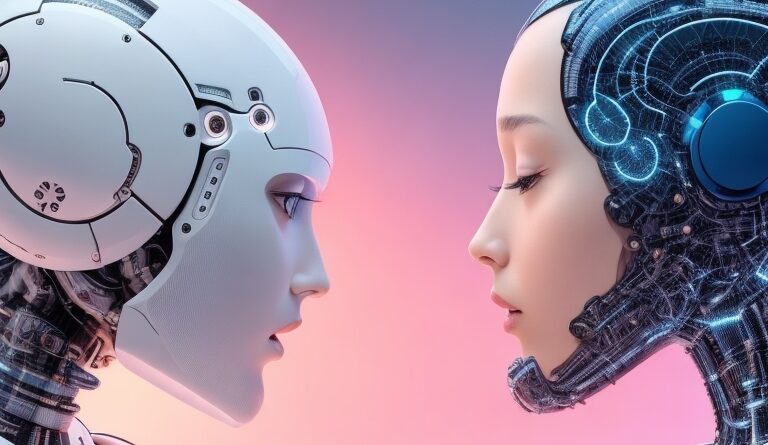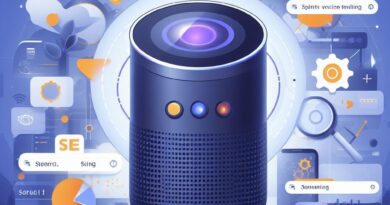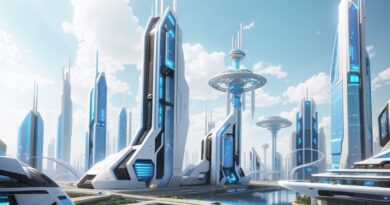AI vs. Humans: The Ultimate Showdown
In a world where artificial intelligence continues to evolve at an unprecedented pace, it’s only natural to wonder about the future of AI and how it will impact our lives. The AI vs. humans showdown is a topic that has captured the imagination of many, sparking debates, discussions, and even fears. In this 3000-word article, we will delve into this epic face-off between AI and humans, exploring the intricacies, implications, and possibilities of this evolving relationship. From the inception of AI to the potential outcomes, we’ll navigate through it all with a conversational, informative tone.
The Birth of AI
The journey of AI begins with the ambitious goal of creating machines that can mimic human intelligence. It’s a fascinating concept, and it all started with the development of computers. {start}
Artificial Intelligence (AI) was coined in 1955, and since then, it has come a long way. The initial AI systems were limited in their abilities, but they laid the foundation for future innovations.
AI’s Rise to Prominence
Fast forward to today, and AI is integrated into various aspects of our lives. From voice assistants on our smartphones to autonomous vehicles and sophisticated recommendation systems, AI is ubiquitous.
AI and Human Intelligence
AI’s development is often compared to human intelligence, but they operate differently. AI excels in tasks like data analysis and pattern recognition, while humans possess creativity, empathy, and complex problem-solving abilities.
The Evolution of AI
AI isn’t stagnant; it keeps evolving. Burstiness and perplexity characterize its journey, as it constantly adapts to changing environments and demands. This evolution has led to numerous breakthroughs:
Machine Learning
Machine learning, a subset of AI, empowers machines to learn from data and improve their performance over time. It’s the reason behind accurate predictive text and recommendation systems.
Deep Learning
Deep learning, a specialized form of machine learning, has made it possible for AI to excel in image recognition, natural language processing, and even medical diagnostics.
Neural Networks
Neural networks, inspired by the human brain, are the foundation of deep learning. They consist of interconnected layers of algorithms, and these networks can “learn” to perform tasks through training data.
The Human Touch
Despite AI’s remarkable progress, it’s essential to remember the uniqueness of the human touch:
Creativity and Emotion
AI can assist in creative endeavors, but it lacks genuine emotions and the ability to create art, music, or literature with the depth of human feelings.
Ethics and Decision-Making
AI’s decision-making relies on algorithms and data, which can be biased. Humans possess ethical and moral compasses that AI can’t replicate.
The Ultimate Showdown
AI vs. Humans isn’t about declaring a winner; it’s a synergy between two powerful forces. AI complements human abilities and vice versa. The true potential lies in collaboration.
Industry Revolution
AI is reshaping industries, automating repetitive tasks, and allowing humans to focus on innovation and creativity.
Healthcare Advancements
AI is aiding doctors in diagnostics, drug discovery, and treatment recommendations, ultimately improving patient care.
Education and Learning
AI offers personalized learning experiences, catering to individual needs and learning styles.
The Future
The AI vs. Humans showdown will continue, leading to even more impressive achievements. From space exploration to environmental conservation, AI will play a crucial role.
Conclusion
In the AI vs. Humans showdown, the winner is cooperation. Together, we can achieve unprecedented feats. As we embrace AI’s potential, we must also preserve the unique qualities that make us human. The future is promising, as AI and humans embark on a journey of collaboration and advancement.
FAQs
1. Is AI going to replace human jobs entirely?
AI is likely to automate certain tasks, but it also creates new job opportunities in AI development, maintenance, and oversight.
2. Can AI truly understand human emotions?
AI can recognize patterns in human emotions but does not possess genuine emotions or empathy.
3. Are there ethical concerns with AI’s development?
Yes, ethical concerns include bias in algorithms, data privacy, and the potential for AI to be misused.
4. Will AI become conscious like humans?
No, AI does not possess consciousness or self-awareness. It operates based on programmed algorithms.
5. How can humans stay relevant in the age of AI?
Humans can stay relevant by acquiring skills that complement AI, such as critical thinking, creativity, and emotional intelligence.




